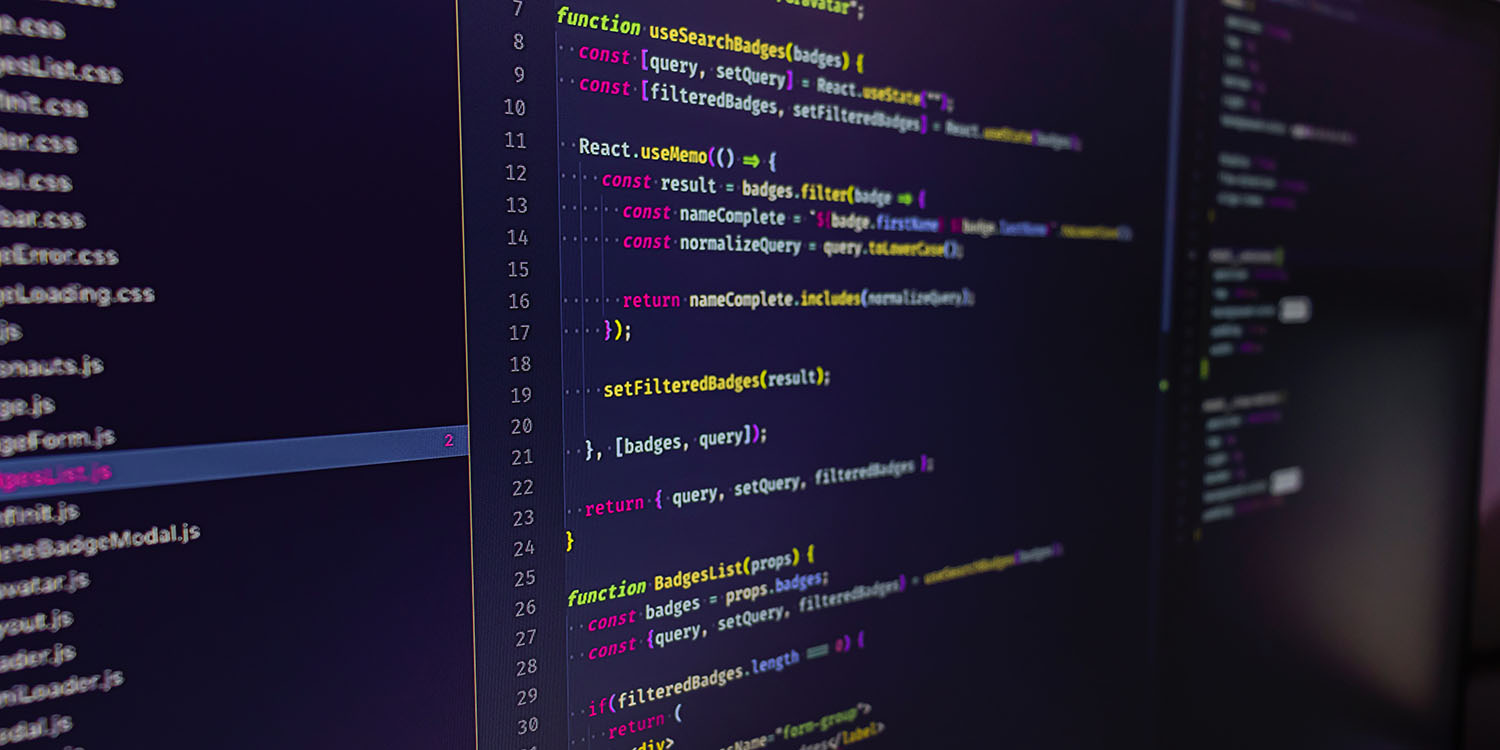
A new industry group known as the AI Alliance believes that artificial intelligence models should be open-source, in contrast to the proprietary models developed by OpenAI and Google.
Meta, IBM, Intel, and NASA are just some of the organizations to sign up, believing that the approach offers three key benefits …
The AI Alliance
The really big breakthroughs in generative AI have so far come from the likes of OpenAI and Google, who keep their models a closely-guarded secret.
But there are some companies and organizations who believe that big AI projects should be open-source. More than 40 of them have signed up to the AI Alliance, reports Bloomberg.
Meta and IBM are joining more than 40 companies and organizations to create an industry group dedicated to open source artificial intelligence work, aiming to share technology and reduce risks.
The coalition, called the AI Alliance, will focus on the responsible development of AI technology, including safety and security tools, according to a statement Tuesday. The group also will look to increase the number of open source AI models — rather than the proprietary systems favored by some companies — develop new hardware and team up with academic researchers.
Three key benefits of open-source models
The alliance says that working openly together in this way offers three benefits.
First, speed. Allowing models to be shared, so that researchers can build on the work of others, will enable more rapid progress.
Second, safety. Allowing independent peer groups to examine code created by others is the best way to identify potential flaws and risks. This is the same argument for open-sourcing security protocols, like encryption systems.
Third, equal opportunity. By providing anyone with access to the tools being built, it creates a level playing field in which solo researchers and startups have the same opportunities as well-funded companies.
Mission statement
The AI Alliance describes its mission as:
Accelerating and disseminating open innovation across the AI technology landscape to improve foundational capabilities, safety, security and trust in AI, and to responsibly maximize benefits to people and society everywhere.
The AI Alliance brings together a critical mass of compute, data, tools, and talent to accelerate open innovation in AI.
The AI Alliance seeks to:
Build and support open technologies across software, models and tools.
Enable developers and scientists to understand, experiment, and adopt open technologies.
Advocate for open innovation with organizational and societal leaders, policy and regulatory bodies, and the public.
IBM and Meta have taken the lead in establishing the body. IBM said that the formation of the group is “a pivotal moment in defining the future of AI,” while Meta said that it means “more people can access the benefits, build innovative products and work on safety.”
Other members are listed as:
- Agency for Science, Technology and Research (A*STAR)
- Aitomatic
- AMD
- Anyscale
- Cerebras
- CERN
- Cleveland Clinic
- Cornell University
- Dartmouth
- Dell Technologies
- Ecole Polytechnique Federale de Lausanne
- ETH Zurich
- Fast.ai
- Fenrir, Inc.
- FPT Software
- Hebrew University of Jerusalem
- Hugging Face
- IBM
- Abdus Salam International Centre for Theoretical Physics (ICTP)
- Imperial College London
- Indian Institute of Technology Bombay
- Institute for Computer Science, Artificial Intelligence
- Intel
- Keio University
- LangChain
- LlamaIndex
- Linux Foundation
- Mass Open Cloud Alliance, operated by Boston University and Harvard
- Meta
- Mohamed bin Zayed University of Artificial Intelligence
- MLCommons
- National Aeronautics and Space Administration
- National Science Foundation
- New York University
- NumFOCUS
- OpenTeams
- Oracle
- Partnership on AI
- Quansight
- Red Hat
- Rensselaer Polytechnic Institute
- Roadzen
- Sakana AI
- SB Intuitions
- ServiceNow
- Silo AI
- Simons Foundation
- Sony Group
- Stability AI
- Together AI
- TU Munich
- UC Berkeley College of Computing, Data Science, and Society
- University of Illinois Urbana-Champaign
- The University of Notre Dame
- The University of Texas at Austin
- The University of Tokyo
- Yale University
Apple is reportedly testing its own generative AI chatbot internally, but is not expected to bring anything to market in the next year or so.
Photo: Fili Santillán/Unsplash
FTC: We use income earning auto affiliate links. More.





Comments